Science is the natural ally of religion
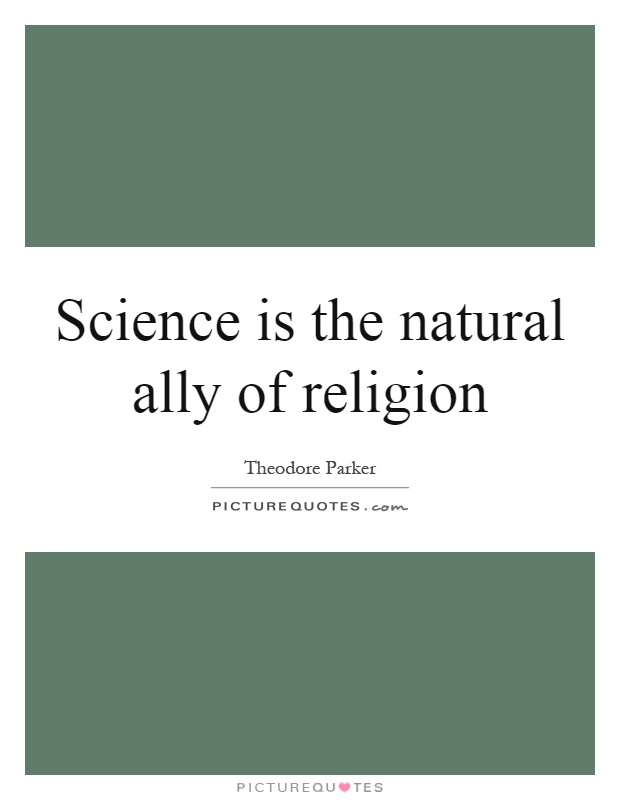
Science is the natural ally of religion
Theodore Parker, a prominent American Transcendentalist and Unitarian minister, believed that science and religion were not mutually exclusive, but rather natural allies in the pursuit of truth and understanding. Parker saw both disciplines as essential tools for exploring the mysteries of the universe and uncovering the deeper meaning behind existence.Parker's views on the relationship between science and religion were shaped by his belief in the inherent interconnectedness of all things. He saw science as a means of uncovering the physical laws and natural processes that govern the world, while religion provided a framework for understanding the spiritual and moral dimensions of human existence. For Parker, the two disciplines complemented each other, offering different perspectives on the same ultimate reality.
Parker's belief in the compatibility of science and religion was rooted in his deep reverence for the natural world and his conviction that all knowledge ultimately pointed towards a higher truth. He saw science as a way of uncovering the intricate workings of the universe, while religion provided a moral and ethical framework for interpreting and applying that knowledge. In Parker's view, both science and religion were essential for a holistic understanding of the world and our place in it.
Parker's ideas on the relationship between science and religion were ahead of his time, as he lived in an era when the two disciplines were often seen as conflicting or incompatible. However, his belief in their natural alliance has since been echoed by many modern thinkers and theologians who see science and religion as complementary ways of exploring the mysteries of the universe.
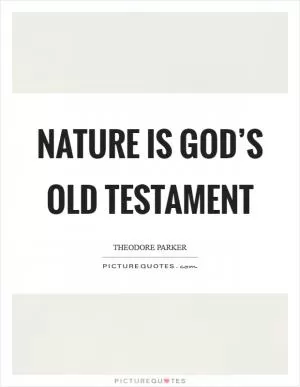
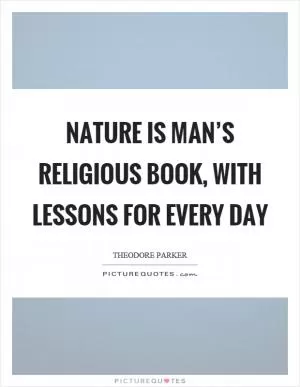


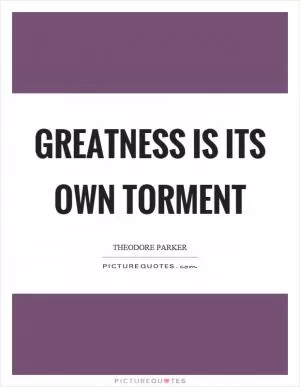


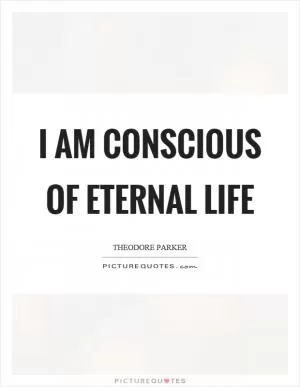
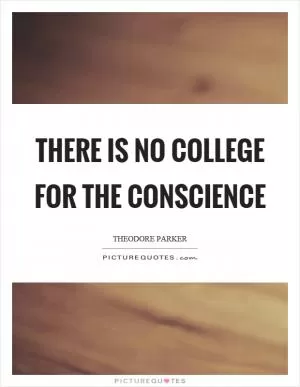

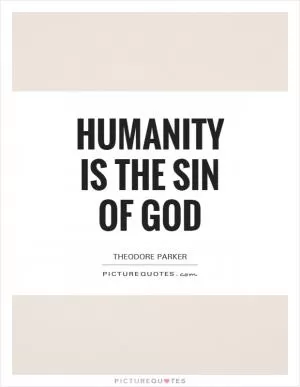

 Friendship Quotes
Friendship Quotes Love Quotes
Love Quotes Life Quotes
Life Quotes Funny Quotes
Funny Quotes Motivational Quotes
Motivational Quotes Inspirational Quotes
Inspirational Quotes